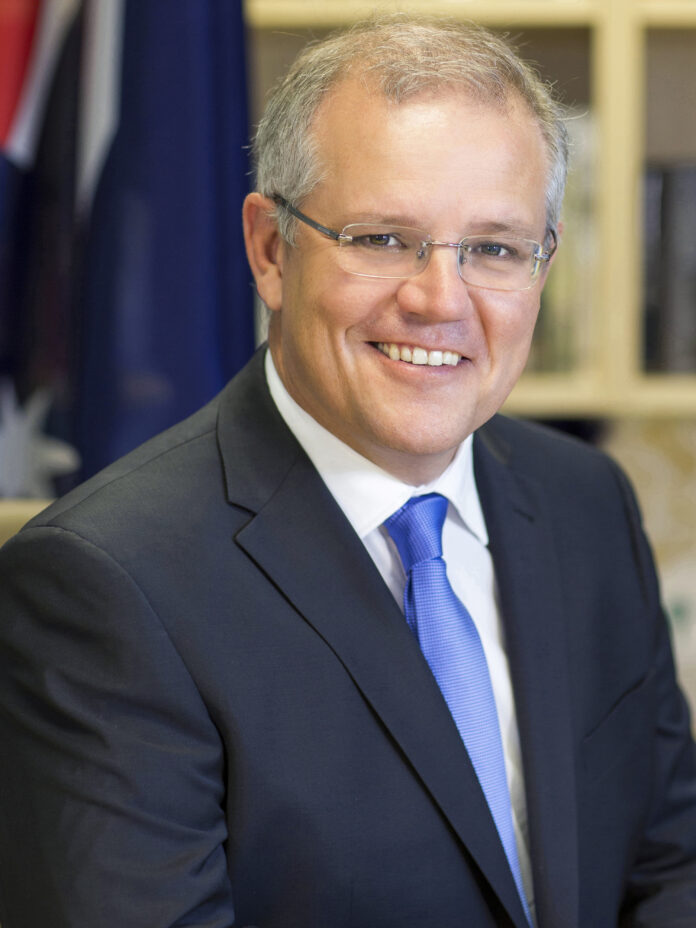(Reposted from BBC World News)
Australia has suspended its extradition treaty with Hong Kong in response to fears over a new national security law imposed by China. Prime Minister Scott Morrison said the new law undermined “Hong Kong’s own basic law” and the territory’s current level of autonomy from Beijing.
Australia planned to extend visas for Hong Kong residents and encourage businesses there to relocate, he said. China has criticised the move as “gross interference” in its domestic affairs. “We urge the Australian side to immediately stop meddling… otherwise it will lead to nothing but lifting a rock only to hit its own feet,” said a statement by its embassy in Australia.
Since the law was enacted last week, Canada has also suspended its extradition treaty, while the UK has offered citizenship options to Hong Kong residents. Critics say the law makes it easier to punish protesters and critics of the Chinese government.
Hong Kong’s government says the law is required to bring order to a city that saw mass pro-democracy protests last year that often turned violent.
- Why people are scared of Hong Kong’s new law
- Hong Kong pupils banned from political activity
- China opens new security office in Hong Kong
As the extent of the law’s reach is still uncertain, critics have said it could also lead to foreign nationals being arbitrarily detained in Hong Kong.
That has led Australia and other nations to issue new warnings to their citizens in Hong Kong. More than 100,000 Australians are in the city.
“You may be at increased risk of detention on vaguely defined national security grounds. You could break the law without intending to. If you’re concerned about the new law, reconsider your need to remain in Hong Kong,” said Australia’s Department of Foreign Affairs and Trade.
Mr Morrison said his government, along with others had been “very consistent in expressing our concerns about the imposition of the national security law on Hong Kong”.
New Zealand’s government also said on Thursday it would review the country’s relationship with Hong Kong. Foreign Minister Winston Peters said New Zealand was “deeply concerned” about the national security law. “We will continue to monitor the law’s impact on the people of Hong Kong, with whom we share close links,” he said.
Previously, Australia and Hong Kong could both seek the extradition of any person within their jurisdiction who was wanted for prosecution or a criminal sentence. This process has happened just twice in the past 10 years. Australia has also offered to extend visas to Hong Kong residents by five years – providing a pathway to permanent residency for up to 10,000 people.
Mr Morrison said the visa offer was also aimed at enticing Hong Kong businesses to relocate to Australia if they “become footloose as a result of the changes”. Hong Kong is a former British colony and was handed back to China in 1997.
Under the arrangement, Hong Kong was allowed to have certain freedoms for 50 years, setting it apart from the Chinese mainland. However the UK, and other Western nations say China’s new law directly threatens those freedoms and rights.
Last week, the UK offered resettlement to up three million Hong Kong residents – an action criticised by China. Australia’s announcement could again aggravate tensions with China, its biggest trading partner.
Bilateral relations have soured further this year after Australia called for a global investigation into the origins of Covid-19. This has been viewed as the catalyst for China levelling sanctions on Australian exports.
